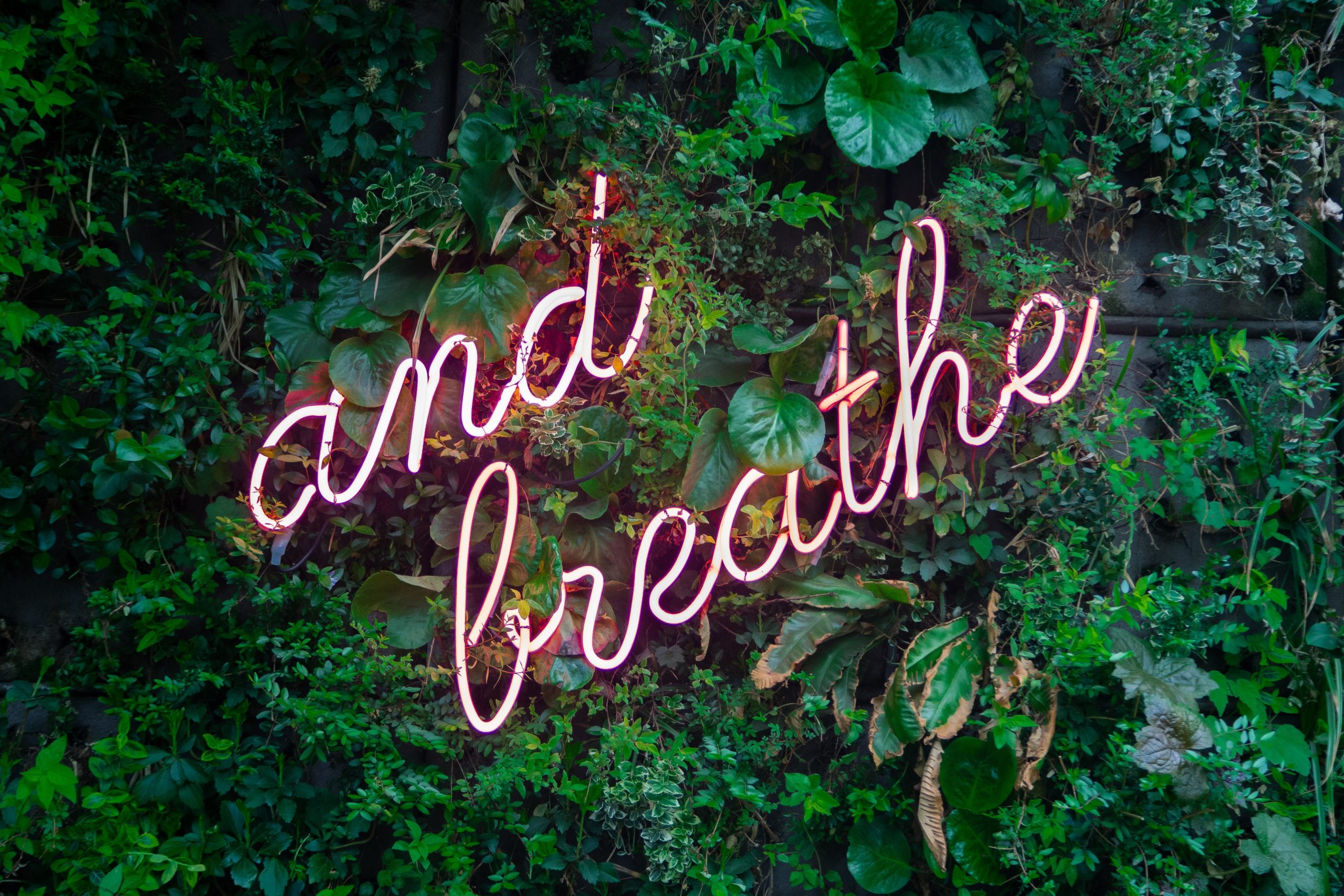
It’s never too soon to learn about the dangers of intimate partner violence. That’s because young adults are especially vulnerable to dating violence and abuse. Girls and women aged 16-24 experience rates of intimate partner abuse at a much higher rate than overall average, and LGBTQ+ youth are even more vulnerable due to discrimination and lack of sex education centering their experiences.
Adolescence into young adulthood is a difficult period of transition, with varying levels of maturity and preparedness for adulthood among peers. It’s also the time when a person is likely to first exhibit abusive tendencies. Becoming informed about the risks, signs and effects of intimate partner violence early can empower you to make smart decisions in the dating world. Did you know those who experience abuse in romantic relationships at a young age are also at risk of continuing to experience and perpetuate abuse later in life? This is why learning about it now will have an ongoing positive impact on your life.
Take the opportunity now to recognize and learn how to navigate experiences with abusive behaviour. Widespread awareness is key to breaking the cycle of abuse and protecting future generations from falling into toxic situations.
1) Do you understand what abuse is?
When we talk about intimate partner violence or domestic abuse there is a tendency to focus on physical violence. But abuse goes beyond physical harm. Emotional abuse, verbal abuse, coercive control, stalking, and financial abuse can be equally as damaging and toxic. With a solid understanding of what abuse means, you can better recognize abusive behaviours. Know the signs of abuse, so you are prepared to set healthy boundaries in an intimate relationship.
2) Do you know how your relationship should look if it is truly healthy?
For young adults who are new to intimate relationships it can be hard to discern the healthy ones from the unhealthy ones. This is exacerbated by romanticized depictions of obsessive and controlling behaviour in popular media. Abusive relationships are never black and white. And a partner having some good qualities doesn’t necessarily mean they aren’t also abusive. Asking questions about your relationship and how your partner makes you feel can help you figure out if you are in a stable and healthy relationship.
3) Have you gotten a second opinion?
Intimate partner abuse can be complicated. It’s always important to have a support system beyond your romantic relationships. Talking to your network about your relationship can help you see from all angles what kind of a relationship you are really in.
If you don’t feel comfortable or safe talking to your friends or family about concerns you are having, many universities and colleges offer free student support services
Below are just some examples of resources in the Toronto area.
Good2talk – this helpline provides confidential support services to post-secondary students in Ontario and Nova Scotia
As always, it’s so important to stay in touch with your feelings and instincts. Try to ensure you get enough alone time to process your experiences and tune into how you’re feeling. If you are uncomfortable or unsure of your connection with someone, it’s important to analyze that to find out if it’s just excited nerves or if perhaps it’s a red flag. Having a strong sense of self and connection to your own emotional state can really be your best defense against dangerous situations. You deserve to be in safe, loving relationships that make you feel free.

